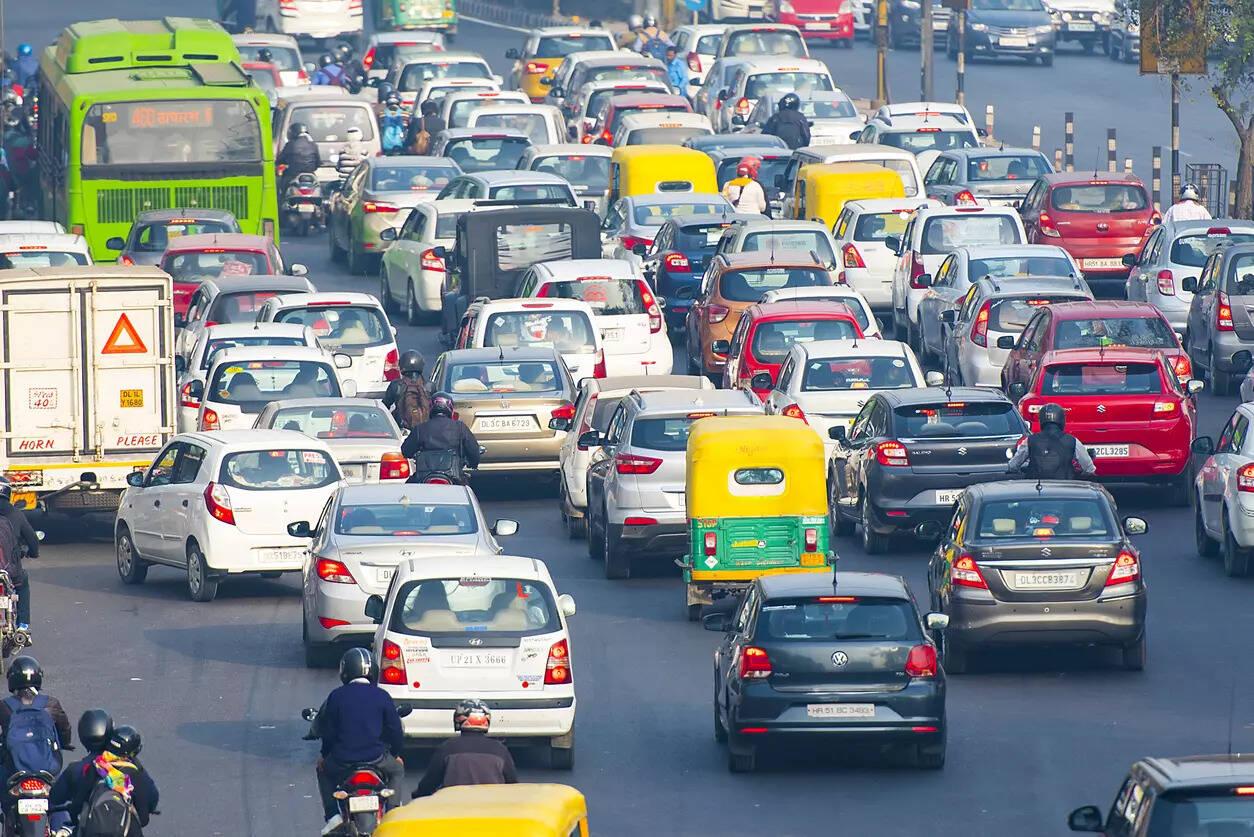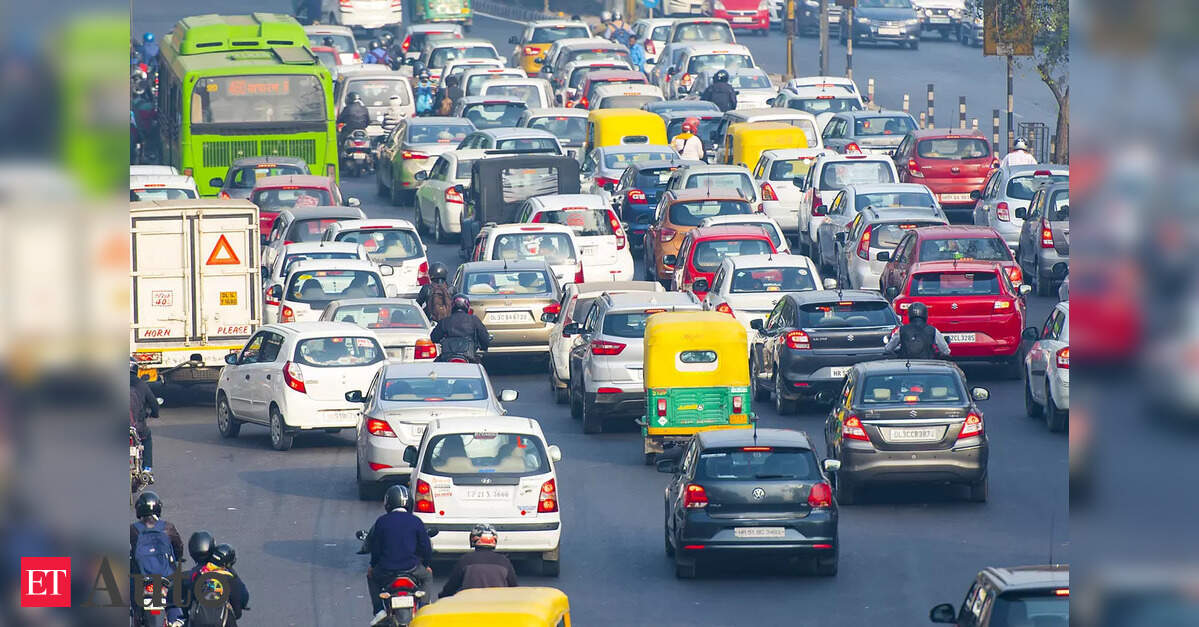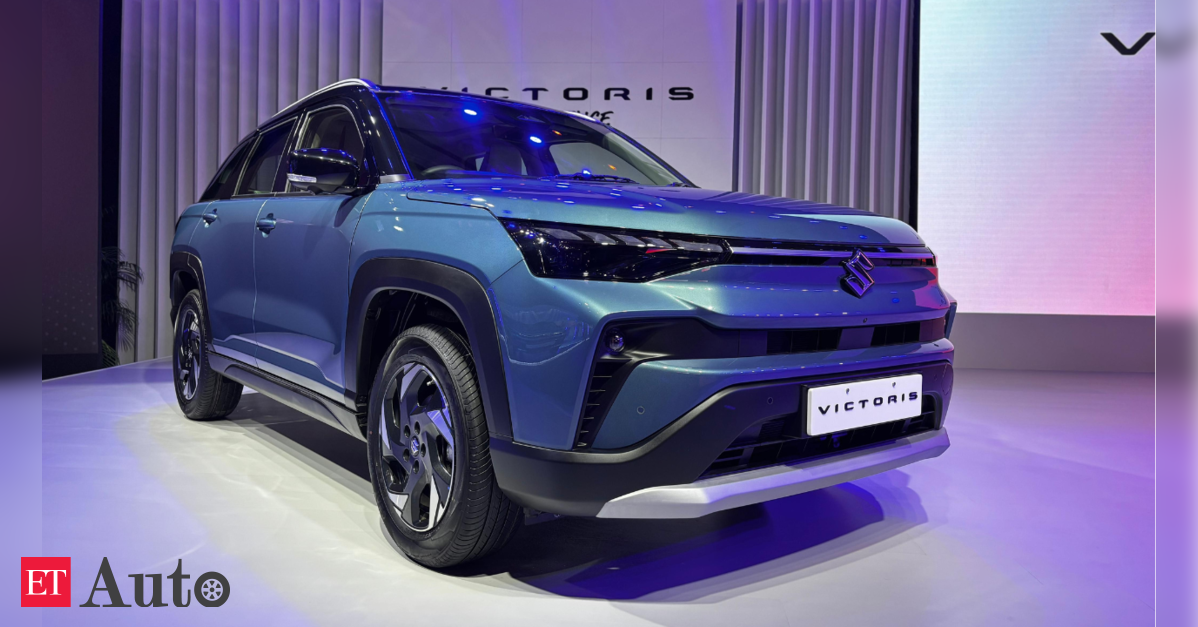 The BEE has sought stakeholder comments on the revised draft within 21 days.
The BEE has sought stakeholder comments on the revised draft within 21 days.New Delhi: The Bureau of Energy Efficiency (BEE) on Thursday released revised draft fuel-efficiency norms, introducing special concessions for small cars for the first time and retaining incentives for strong hybrids and flex-fuel vehicles, in a move set to benefit companies such as Maruti Suzuki and Toyota.
As per Business Standard, the revised Corporate Average Fuel Efficiency (CAFE-3 and CAFE-4) norms, to be implemented from April 2027 to March 2037, follow months of sharp debate within the auto industry. While Maruti Suzuki had lobbied for relief for small cars, rivals such as Tata Motors and Mahindra & Mahindra had opposed the proposal.
For the first time, the draft defines “small cars” as petrol vehicles with an unladen mass up to 909 kg, engine capacity not exceeding 1,200 cc, and length not over 4,000 mm — largely entry-level hatchbacks and compact sedans. These vehicles will be allowed to claim an additional 3 gm/km reduction in carbon dioxide emissions on top of technology-linked savings, though the benefit will be capped at 9 gm/km per model in any reporting period.
Special incentives for strong hybrids
The BEE has also maintained incentives for strong hybrids, reversing its earlier proposal to cut their compliance weight. Under the revised draft, electric vehicles (EVs) will continue to count as three cars in fleet CO₂ calculations, while strong hybrids will retain a multiplier of two. In another key change, the norms introduce a Carbon Neutrality Factor (CNF). Petrol cars using E20–E30 fuel blends will get an 8 per cent discount on declared emissions, CNG vehicles up to 5 per cent (more with biogas blending), and flex-fuel ethanol and strong hybrids on flex fuel as much as 22.3 per cent.
This could encourage the rollout of flex-fuel strong hybrids, which Toyota has already piloted in Brazil and showcased in India, but not yet commercialised. Currently, hybrids sold by Toyota (Hyryder, Innova Hycross, Camry) and Maruti Suzuki (Grand Vitara, Invicto) only qualify for the 8 per cent petrol discount.
The BEE has sought stakeholder comments on the revised draft within 21 days.




